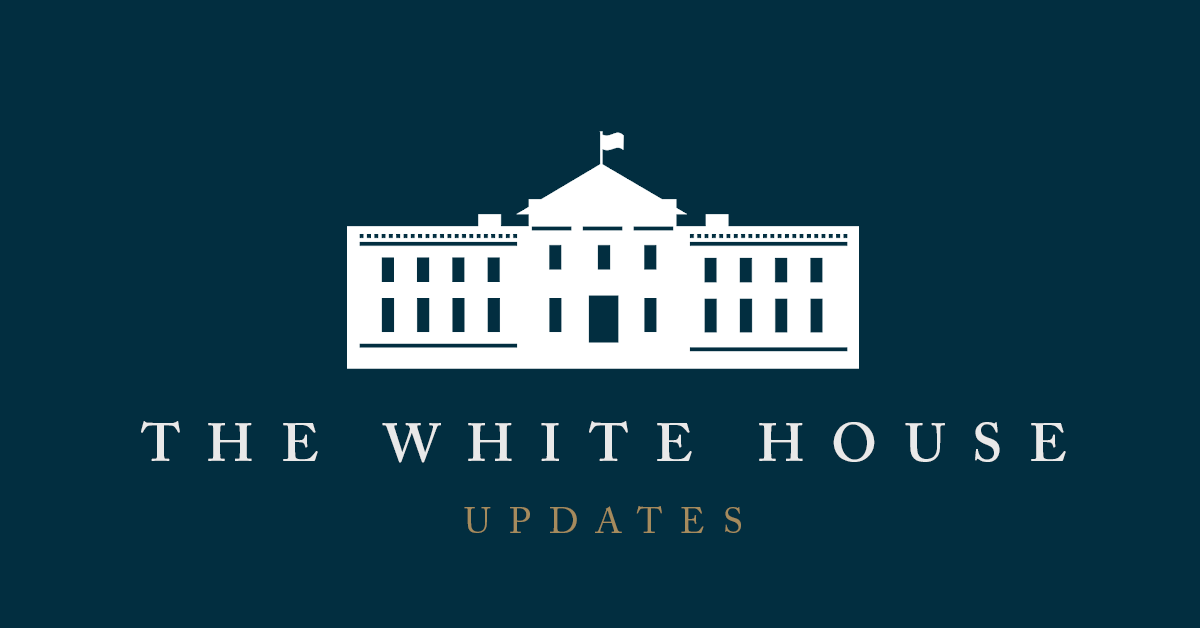President Biden’s proposed US Citizenship Act of 2021, is being sent to the Congress, with the goal of restoring humanity and American values to the immigration system. If passed, it would be the most significant immigration reform since the Immigration Reform and Control Act (IRCA) of 1986.
These are the highlights:
Provide Pathways to Citizenship & Strengthen Labor Protections
The bill allows undocumented individuals to apply for temporary legal status, with the ability to apply for green cards after five years if they pass criminal and national security background checks and pay their taxes. Dreamers, TPS holders, and immigrant farmworkers who meet specific requirements are eligible for green cards immediately under the legislation. After three years, all green card holders who pass additional background checks and demonstrate knowledge of English and U.S. civics can apply to become citizens. Applicants must be physically present in the United States on or before January 1, 2021. The Secretary of the Department of Homeland Security (DHS) may waive the presence requirement for those deported on or after January 20, 2017 who were physically present for at least three years prior to removal for family unity and other humanitarian purposes. Lastly, the bill further recognizes America as a nation of immigrants by changing the word “alien” to “noncitizen” in our immigration laws.
Keep families together. The bill reforms the family-based immigration system by clearing backlogs, recapturing unused visas, eliminating lengthy wait times, and increasing per-country visa caps. It also eliminates the so-called “3 and 10-year bars,” and other provisions that keep families apart. The bill further supports families by more explicitly including permanent partnerships and eliminating discrimination facing LGBTQ+ families. It also provides protections for orphans, widows, children, and Filipino veterans who fought alongside the United States in World War II. Lastly, the bill allows immigrants with approved family-sponsorship petitions to join family in the United States on a temporary basis while they wait for green cards to become available.
Embrace diversity. The bill includes the NO BAN Act that prohibits discrimination based on religion and limits presidential authority to issue future bans. The bill also increases Diversity Visas to 80,000 from 55,000.
Promote immigrant and refugee integration and citizenship. The bill provides new funding to state and local governments, private organizations, educational institutions, community-based organizations, and not-for-profit organizations to expand programs to promote integration and inclusion, increase English-language instruction, and provide assistance to individuals seeking to become citizens.
Grow our economy. This bill clears employment-based visa backlogs, recaptures unused visas, reduces lengthy wait times, and eliminates per-country visa caps. The bill makes it easier for graduates of U.S. universities with advanced STEM degrees to stay in the United States; improves access to green cards for workers in lower-wage sectors; and eliminates other unnecessary hurdles for employment-based green cards. The bill provides dependents of H-1B visa holders work authorization, and children are prevented from “aging out” of the system. The bill also creates a pilot program to stimulate regional economic development, gives DHS the authority to adjust green cards based on macroeconomic conditions, and incentivizes higher wages for non-immigrant, high-skilled visas to prevent unfair competition with American workers.
Protect workers from exploitation and improve the employment verification process. The bill requires that DHS and the Department of Labor establish a commission involving labor, employer, and civil rights organizations to make recommendations for improving the employment verification process. Workers who suffer serious labor violations and cooperate with worker protection agencies will be granted greater access to U visa relief. The bill protects workers who are victims of workplace retaliation from deportation in order to allow labor agencies to interview these workers. It also protects migrant and seasonal workers, and increases penalties for employers who violate labor laws.
Support asylum seekers and other vulnerable populations. The bill eliminates the one-year deadline for filing asylum claims and provides funding to reduce asylum application backlogs. It also increases protections for U visa, T visa, and VAWA applicants, including by raising the cap on U visas from 10,000 to 30,000. The bill also expands protections for foreign nationals assisting U.S. troops.
Other Important Presidential Actions Already in Place
On his first day in office, President Biden signed the following Presidential Actions and directed Department Of Homeland Security to review and reset enforcement priorities :
Preserving and Fortifying DACA (Deferred Action for Childhood Arrivals). This program started in 2012 is in full force and protected.
Executive Order on Revocation of Certain Executive Orders Concerning Federal Regulation. This presidential Action revokes certain orders from the prior administration and orders the Director of the Office of Management and Budget and the heads of agencies to promptly take steps to rescind any orders, rules, regulations, guidelines, or policies, or portions thereof, implementing or enforcing the prior Executive Orders. Several with direct immigration effects.
Executive Order on the Revision of Civil Immigration Enforcement Policies and Priorities. Executive Order 13768 of January 25, 2017 (Enhancing Public Safety in the Interior of the United States), is hereby revoked.
Pause of Removals For 100 Days: Starting January 22, 2021, DHS will pause removals for certain noncitizens ordered deported to ensure we have a fair and effective immigration enforcement system focused on protecting national security, border security, and public safety.

